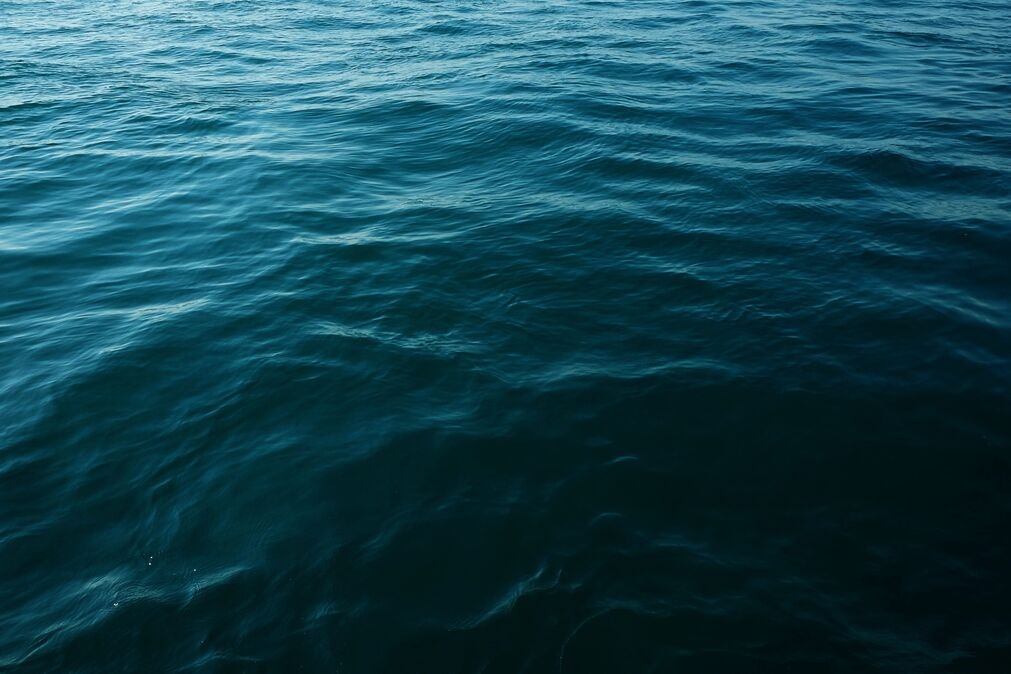
Central Med Info December 2025
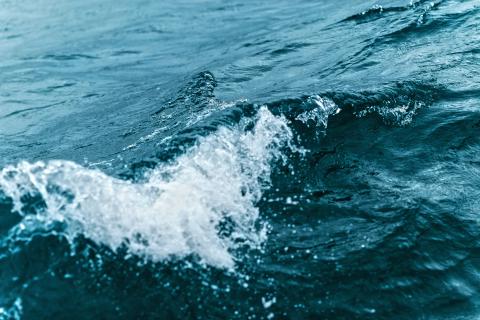
borderline-europe started in March 2019 to put together information about the situation in the Central Mediterranean Sea for internal research reasons. In 2021 we decided to publish parts of the data via Social Media and on our website.
read more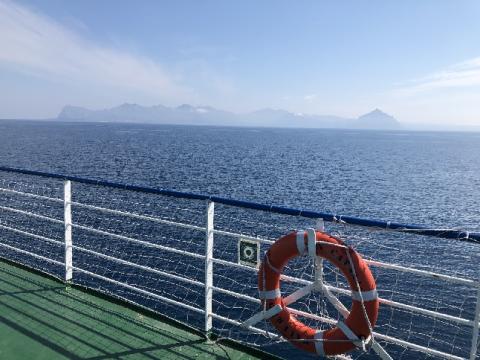
borderline-europe is involved in two very different MONITORING projects:

The debate on migration is becoming increasingly polarised and politically instrumentalised. In a new series, borderline-europe is questioning widespread myths such as the supposed overburdening of the economy or the alleged increase in crime caused by migrants. Through evidence-based analyses and data-driven discussions, a differentiated, realistic understanding of migration is promoted and an informed dialogue is initiated, beyond misconceptions and stereotypes.
read more
Here you can find our monthly Update on the situation in Italy "Scirocco - News in Brief" and further information on the situation of refugees and migrants in Italy.
read more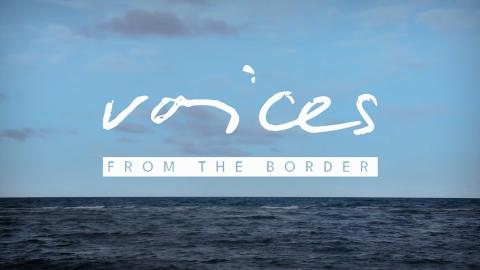
Voices of 15 people at EU's external borders: They are fleeing, they have already come a long way, they want to go to Europe, to a safe place, to a place where human rights apply or where life is possible—but then suddenly they can't go any further.
read more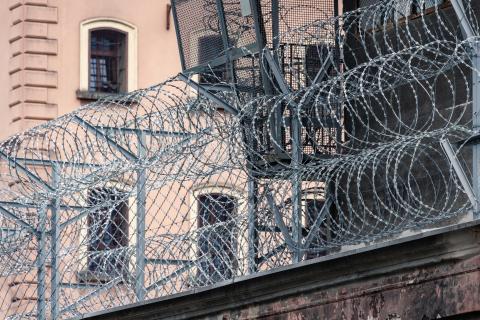
In the course of the collective attempt to shut down its borders, the EU uses numerous means of deterrence to prevent people from seeking safety in Europe. The criminalisation of people on the move and those who are in solidarity with them has been a widespread strategy for years. In Italy, too, people are prosecuted under the charge of "aiding and abetting unauthorised entry".A project in cooperation with UNITED4RESCUE
read more
Bewegungsstiftung is a community foundation that supports social movements working for ecology, peace and human rights with grants and advice. Bewegungsstiftung is supported by over 240 endowment donors from all over Germany. read more

Pro Asyl is a human rights organisation based in Frankfurt am Main that campaigns for the protection and rights of people seeking asylum in Germany and Europe. read more
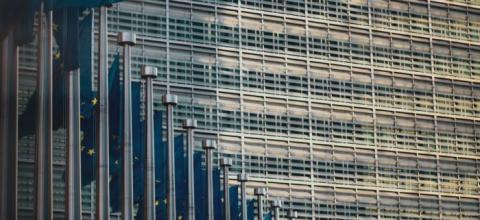
Scirocco [ʃiˈrɔkko-Scirocco] is a southeasterly, hot strong wind that carries dust and sand across the Mediterranean Sea to Sicily and the north of Italy for often only a few hours. This short info is published since March 2021, currently every month.
The current issue of Scirocco deals with the tightening of EU repatriation regulations for migrants, the uncertain future of the Italy-Albania deal, the legal success in the Diciotti case as well as protests and the precarious conditions of refugees in Italy. English version will follow soon.
Language(s): Deutsch / German
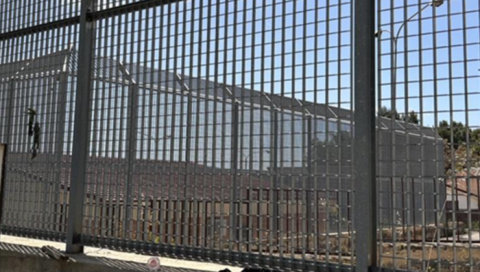
On 11 March 2025, the EU Commission presented its new proposal for the Return Regulation. Deportation regulations are set to be significantly tightened, with renewed discussions around the establishment of so-called ‘return hubs’. Ursula von der Leyen, President of the Commission, is proposing that these detention centres for deportees should also be located in non-EU countries – qualified as so-called “safe third countries” (SCO) (art. 38, Asylum Procedure Directive).
So is the Italian government's ‘Albania solution’ back on the table?
In our previous article, we asked why Italy is putting so much emphasis on this expensive and, as we will see below, ill-conceived agreement between Italy and Albania.
Looking again into the Italian situation, including the “current stop” to the implementation of the Italy-Albania protocol, the direct governmental attack to the autonomy of the judicial power, and the main challenges it entails for the rule of law, is essential to understand the recent policy developments at the EU level concerning asylum and returns.
Language(s): Deutsch / German
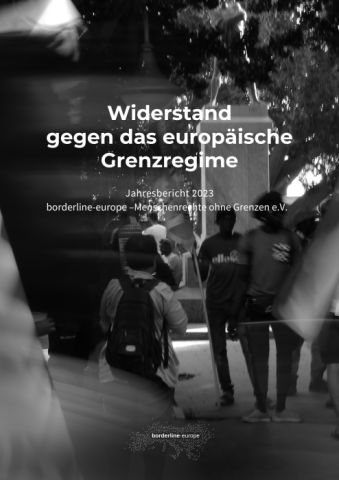
2023 war kein gutes Jahr für die Menschenrechte. Kriege, Konflikte, wirtschaftliche Not und klimatische Veränderungen haben viele Menschen gezwungen, ihre Heimat zu verlassen. Gleichzeitig konnten wir eine fortschreitende Externalisierung der EU-Außengrenzen beobachten. Politisch scheint in der EU alles dafür getan zu werden, die Festung Europa zu stärken. Damit sollen möglichst viele Menschen davon abgehalten werden, Schutz in der EU zu suchen. Die Leidtragenden all dieser Entwicklungen sind, wie immer, die Flüchtenden selbst. Bei alldem können wir nicht tatenlos zuschauen. Deshalb haben wir auch 2023 kritisch beobachtet, dokumentiert, informiert und interveniert. Die Ergebnisse unserer Arbeit findet ihr im folgenden Bericht.
Language(s): Deutsch / German